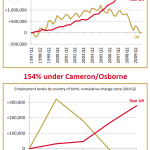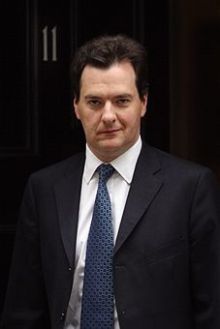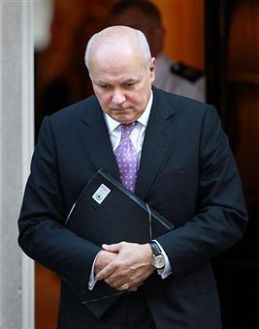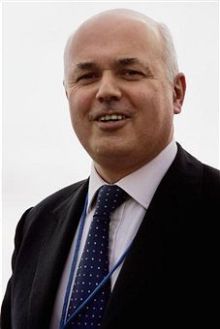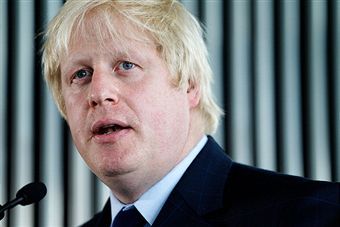Miss Lightwood suggests…
The press’s tendency to feature female students receiving their A-Level results rather than their male counterparts is coming in for a fair bit of ribbing today. The Guardian diary yesterday revealed quite how far some schools are prepared to go to get their pupils on the front page: “And yet eyebrows were raised at Diary HQ on receipt of an email from Badminton School, inviting Fleet Street to feature a selection of pupils on results morning who “speak extremely well and take a good picture”. “I have a fabulous case study of a girl … who sadly lost her mother … and is now an active charity campaigner,” reads the








